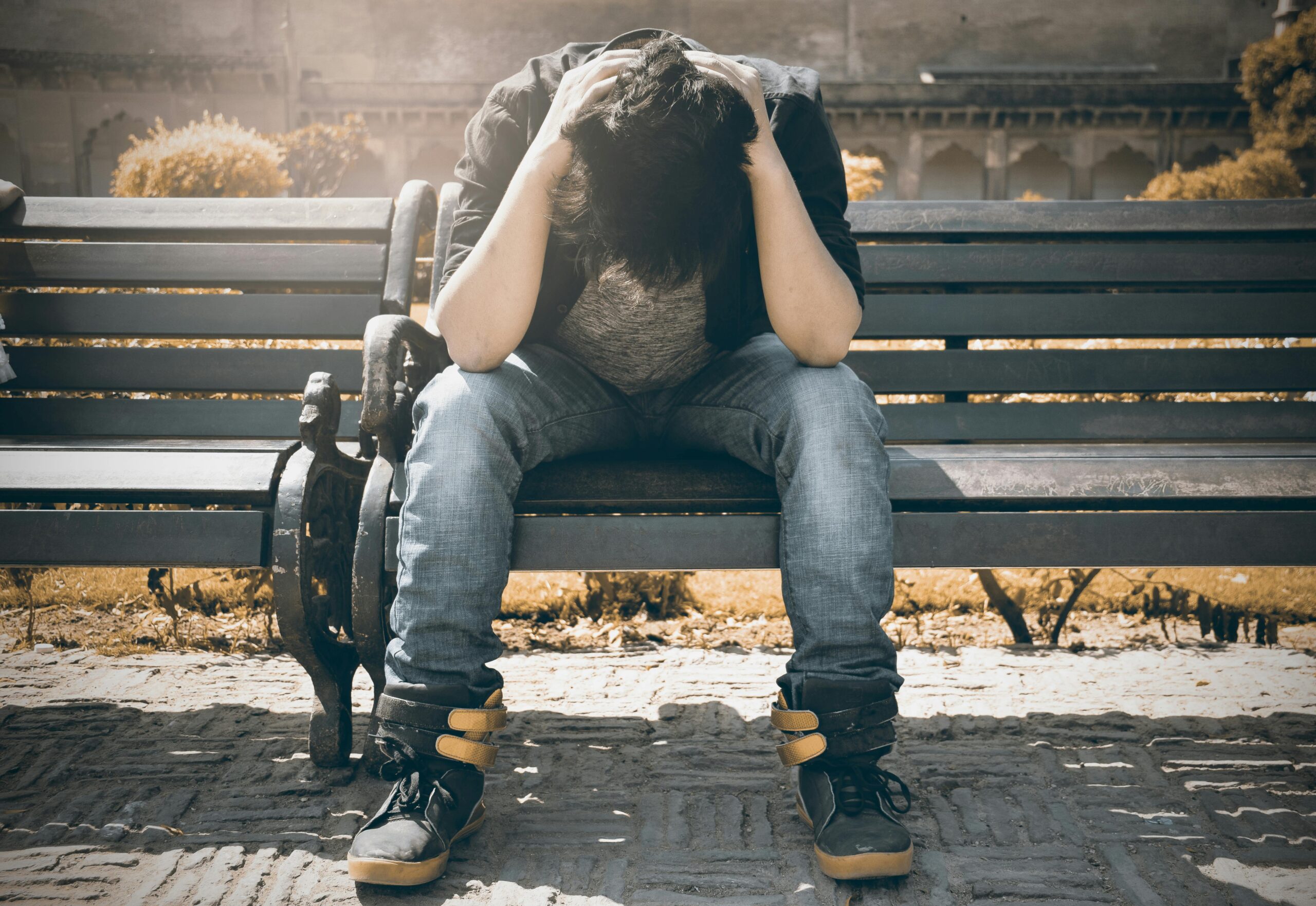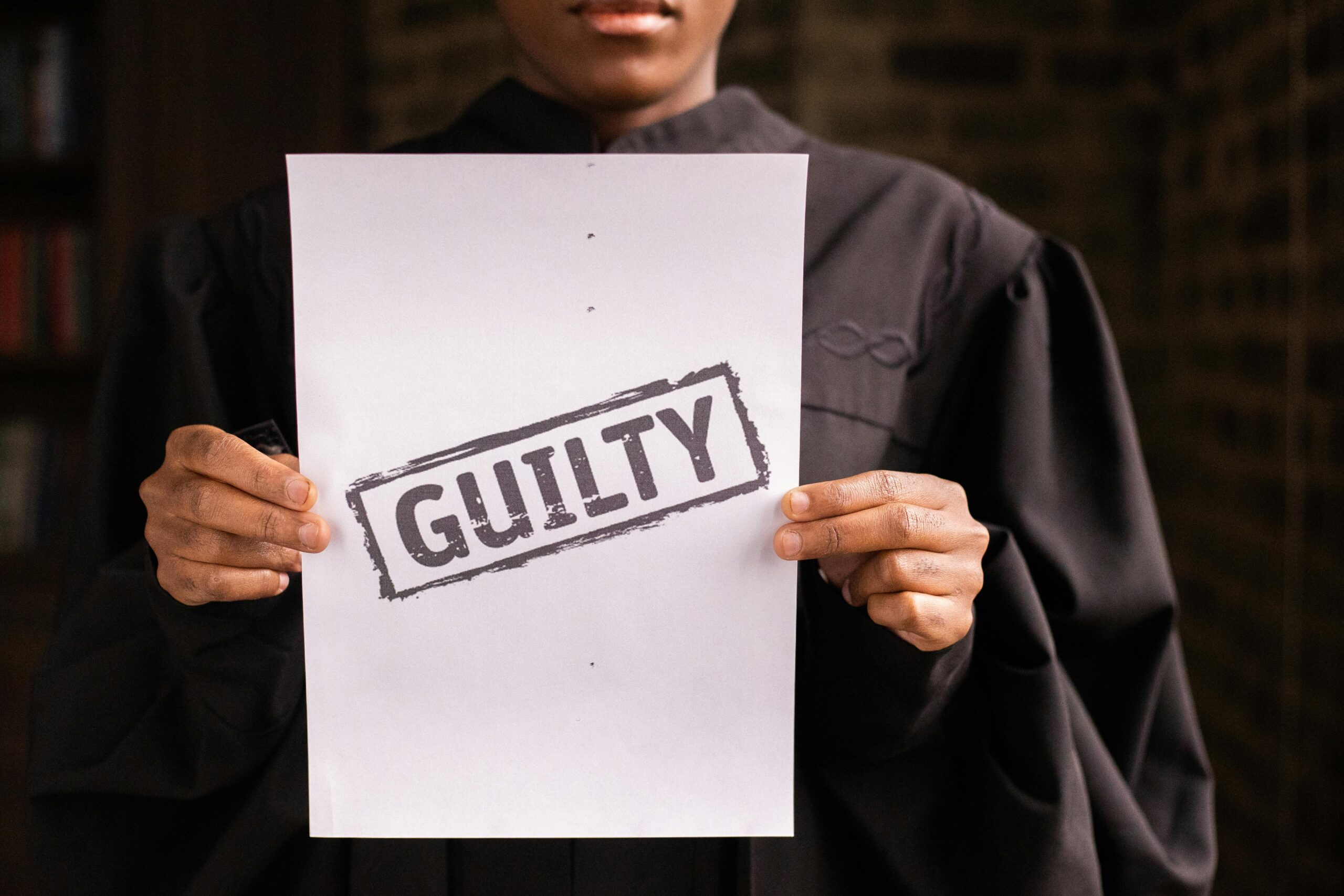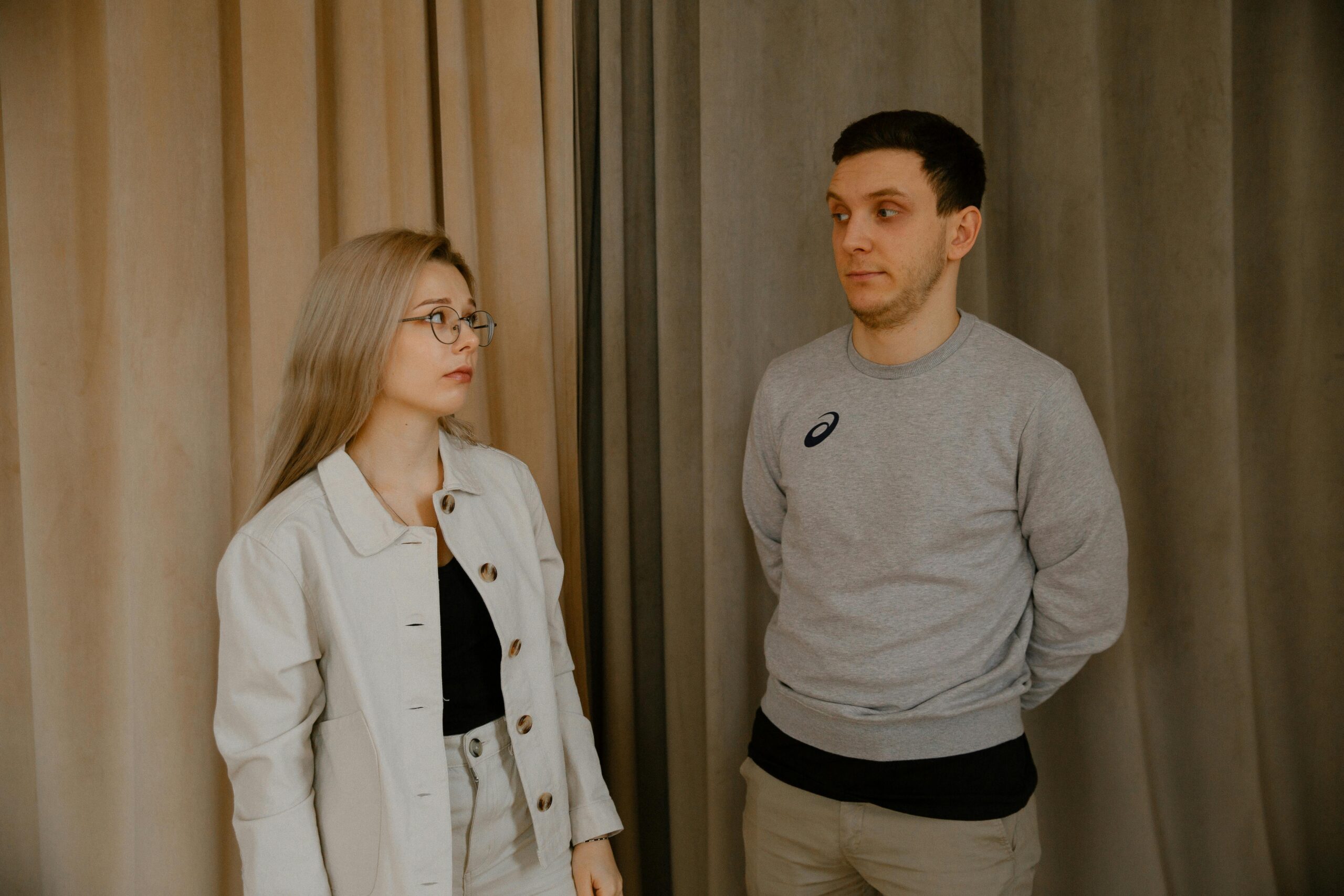Guilt and Shame in Recovery: Understanding, Managing, and Overcoming
Guilt and shame are powerful emotions that often arise during the recovery process. These feelings can impact mental health, physical health, and overall quality of life. Adolescent Mental Health is committed to helping individuals navigate these challenges to achieve lasting recovery. This guide explores the difference between guilt and shame, their role in recovery, and practical steps to manage these emotions effectively.

Difference Between Guilt and Shame
Guilt arises from specific actions or behaviors. It’s the feeling of responsibility for harm caused by one’s actions. For example, a person might feel guilty for lying to a loved one. Shame, on the other hand, is more internal and tied to one’s sense of self. It’s the feeling of being a “bad person” rather than having done a bad thing.
Understanding this distinction is crucial. Guilt can motivate corrective actions, while shame often leads to negative thought patterns, such as feelings of inadequacy and unworthiness.

Common Emotions in Recovery
Recovery from addiction often brings up common emotions like guilt, shame, and regret. These are normal but challenging parts of the addiction recovery process. Identifying these emotions and understanding their triggers is a key step toward a healthier life.
Feelings of Guilt:
- Feeling of responsibility for past actions.
- Heavy feelings about harm caused to others.
- Guilty feelings about missed opportunities.
Feelings of Shame:
- Feeling of defectiveness or unworthiness.
- Broader feeling of being a failure.
- Shameful feelings tied to addiction-related behaviors.
The Impact of Guilt and Shame on Recovery
Guilt and shame play a vital role in recovery but can also lead to a downward spiral if not addressed.
- Guilt in Recovery: Guilt can motivate individuals to take corrective actions and make amends. However, excessive guilt may result in depression, anxiety, or feelings of inadequacy.
- Shame in Addiction Recovery: Shame often causes negative emotions like self-loathing and hopelessness, which can hinder the recovery process. It may also contribute to substance use as a coping mechanism.

Breaking the Vicious Cycle of Guilt and Shame
- Recognize Negative Thought Patterns: Identify recurring negative feelings and thoughts.
- Seek Addiction Treatment Programs: Programs focusing on mental health conditions and substance misuse help individuals in recovery process their emotions.
- Develop Positive Relationships: Support from loved ones fosters a positive mindset and enhances the journey toward recovery.
- Focus on Personal Growth: Engage in activities that promote self-forgiveness, self-compassion, and self-improvement.
- Create a Treatment Plan: Collaborate with medical professionals to address co-occurring mental health conditions and substance use disorder.
Steps for Healing
Healing from feelings of guilt and shame requires intentional effort:
- Acknowledge Emotions: Accept uncomfortable feelings as part of the human experience.
- Practice Self-Forgiveness: Let go of harmful self-judgments and focus on future actions.
- Engage in Therapy: Therapists can help clients in recovery address feelings of shame and guilt.
- Participate in 12-Step Recovery Programs: These programs provide structure and community support.
- Build Healthy Relationships: Forming healthy, positive relationships contributes to long-term recovery.
Addressing Common Challenges in Recovery
- Substance Use Disorder: Detox from substances can trigger negative emotions but also provides a path to a fulfilling life.
- Co-Occurring Mental Health Conditions: Address depression, Bipolar Disorder, and other conditions as part of the recovery process.
- Negative Behaviors: Replace destructive habits with positive behaviors and coping mechanisms.
- Addiction RecoveryTreatment Process: Engage in tailored addiction treatment recovery programs to overcome difficulties of recovery.
- Family Dynamics: Educate family about substance misuse and involve them in the recovery journey.
Building a Positive Life Post-Recovery
- Fulfilling Life: Focus on achieving a healthy, substance-free life.
- Healthy Recovery: Maintain mental health, physical health, and emotional balance.
- Lasting Recovery: Continue personal growth and self-improvement.
- Positive Mindset: Embrace optimism and resilience in recovery efforts.
- Life Past Addiction: Celebrate progress and build a future filled with opportunities.










